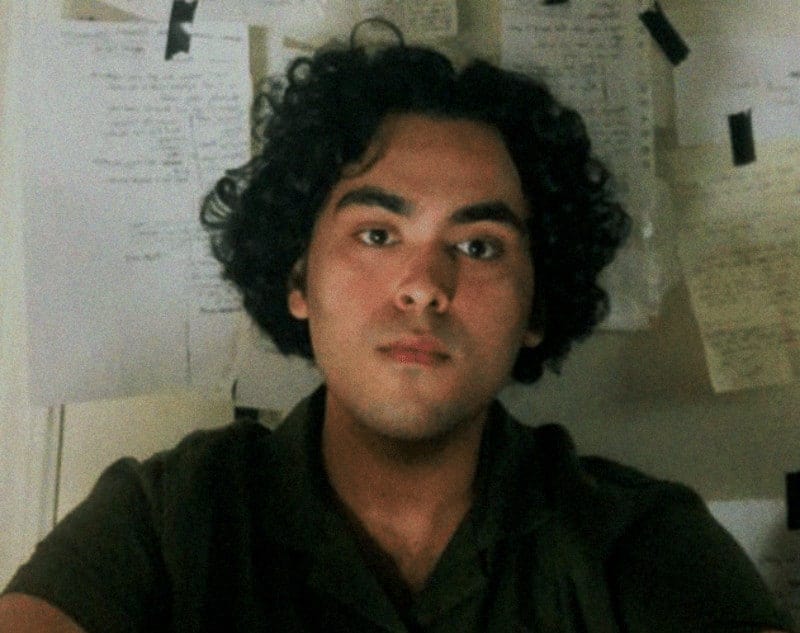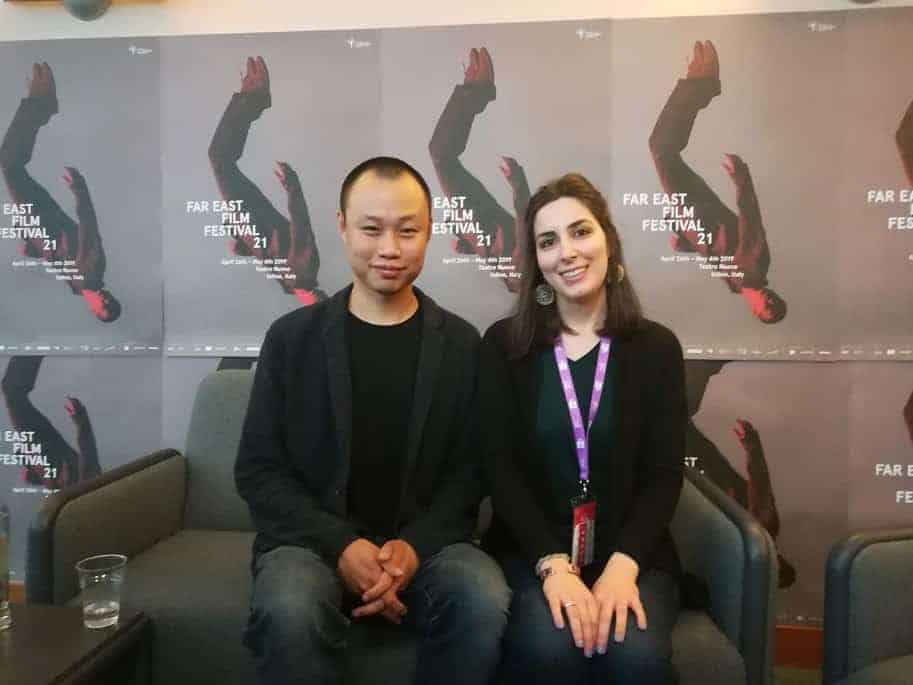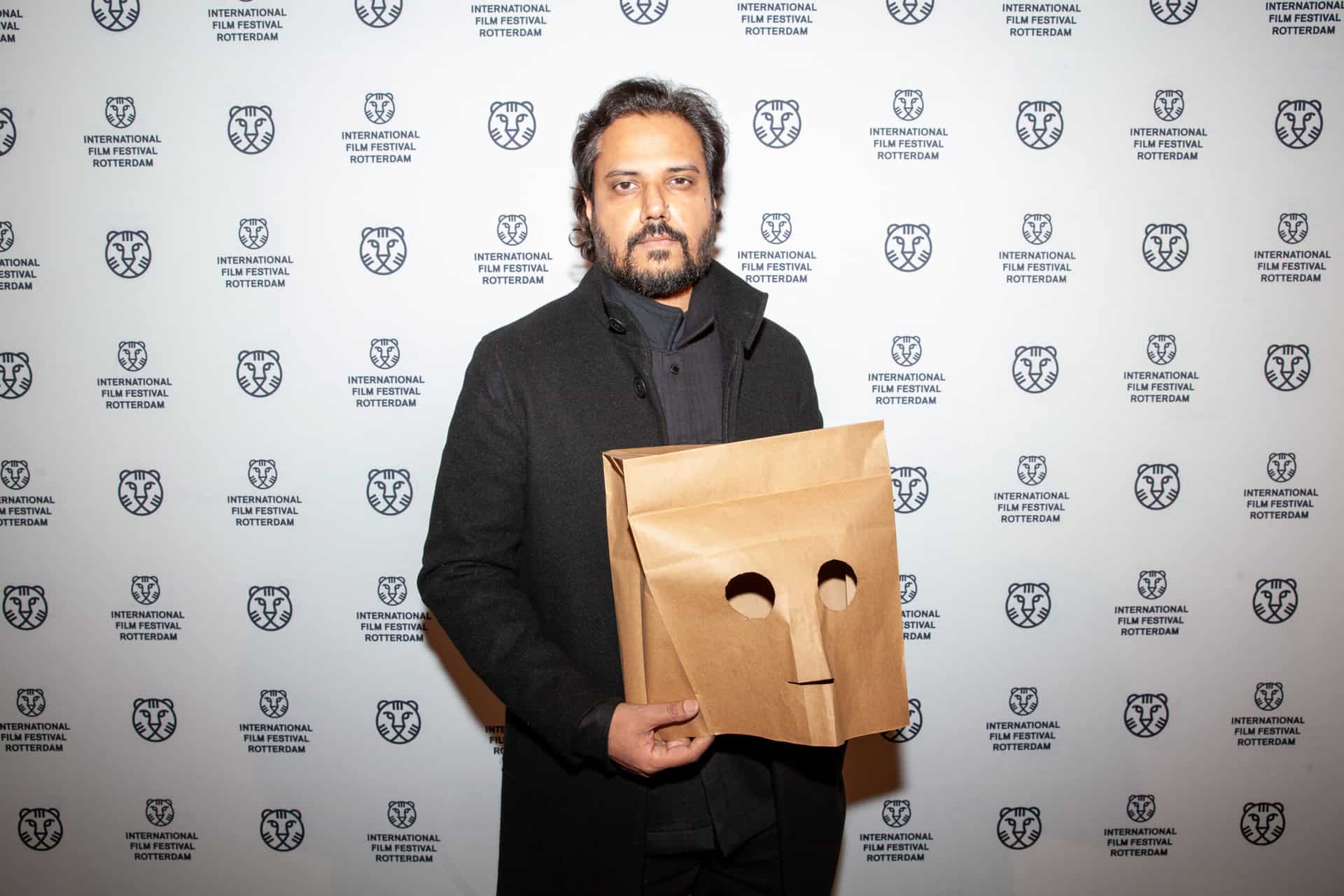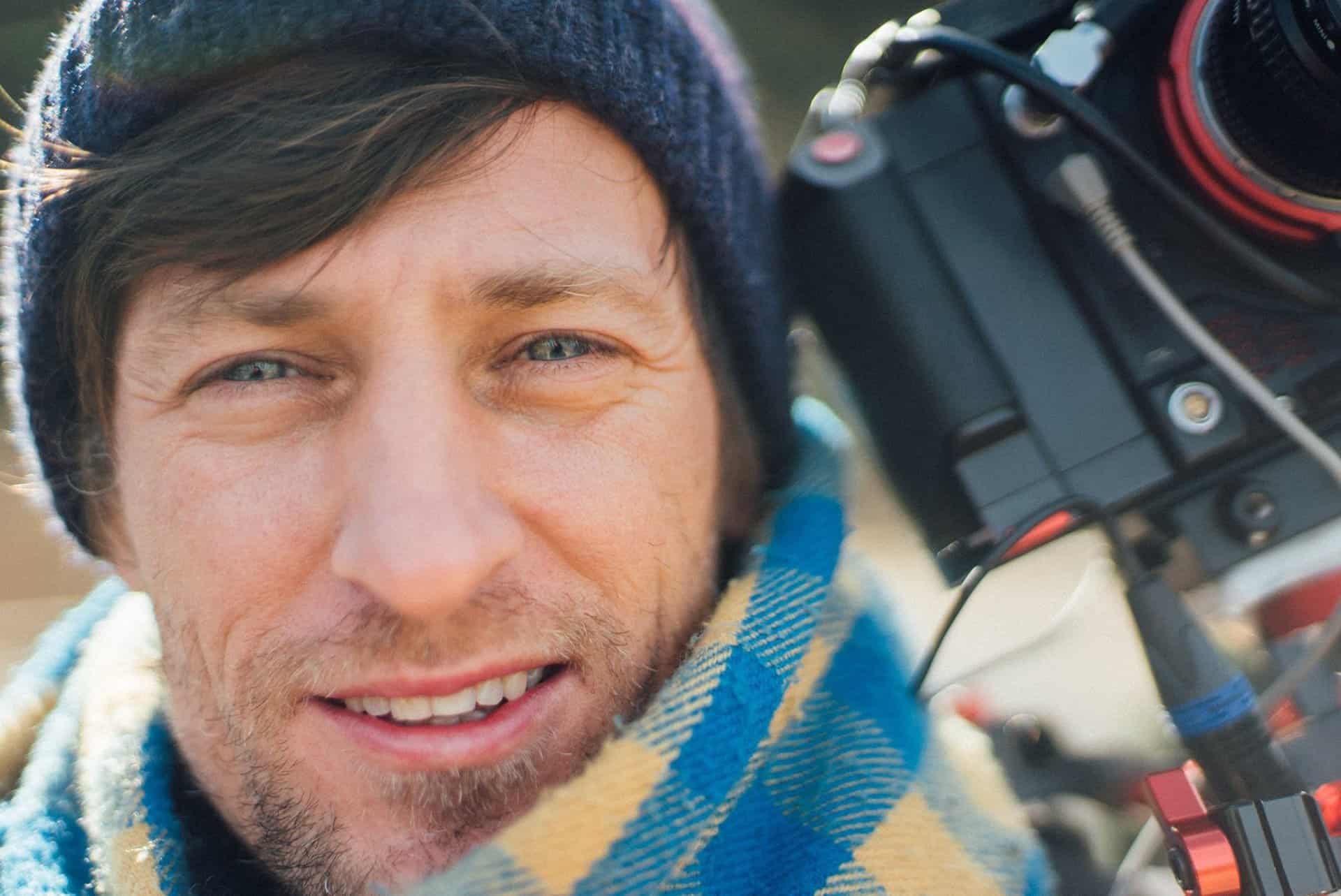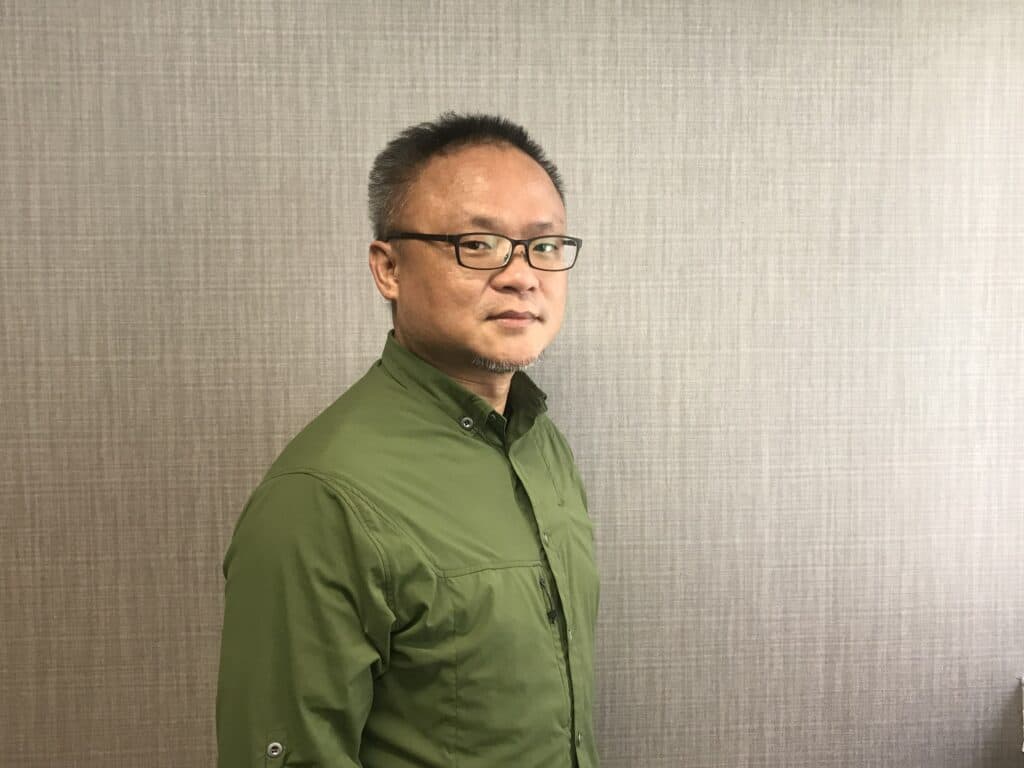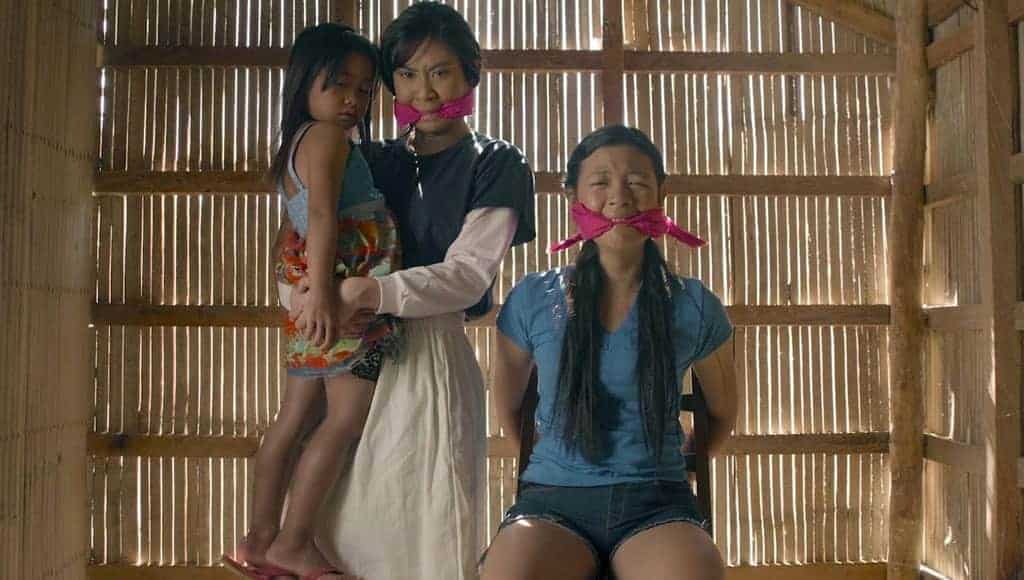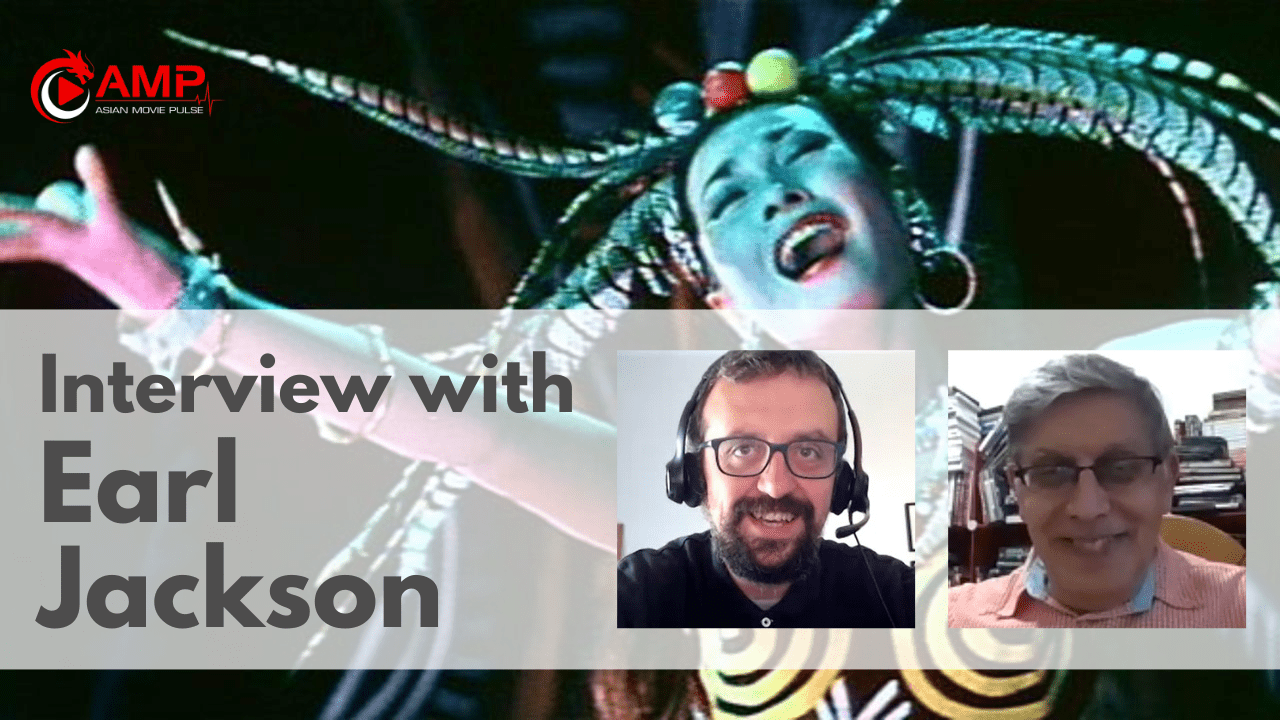Acting as one of the standouts in Asian Movie Pulse's inaugural year of the #SubmitYourFilm initiative, Director Argie Seth's first short film Stranger Danger was included among a list of top entries. His follow up short film Muhammad Mercy further showcased his growth and potential as a future voice in cinema.
Still a student at SCAD Atlanta, we reached out to the director to get his insight on his latest project, advice for aspiring filmmakers, and plans for the future.
Director bio
“Still Shuffling around Asia, Argie is a current Student at SCAD Atlanta. “I don't really feel I belong to a particular place anymore, I try to feel at home wherever I am.”
He has worked on various projects from zero budget Indie flicks to commercials with a budget of Millions of dollars. He has written and directed two short films and assisted on many more.”
Can you offer a bit of background into how you first got interested in film and how it led you into SCAD HK?
I think the idea of something mirroring life or being an exaggerate version of it is pretty intriguing. I was raised around storytellers, films and great art so I don't think there is an exact point in my life that I could pinpoint as a revelation, I always knew it. As a kid, I was watching a lot of B movies, 80's action films, fantasy (Harry Potter..LOTR) and the cheese of that is reflected in Muhammad's inner monologues in my film- it is supposedly cheesy. I remember one of my first accidental film viewings when I was 3-4 was “Reservoir Dogs” which was the best and worst decisions.
From there, I started participating in school plays, making dumb films with my friends on mobile cameras. I didn't have the proper equipment so I focused on becoming a better writer. My first instance of storytelling and tropes was when I took theatre in the Philippines and I had an excellent teacher to guide me through it. I had a class of 5, so limited resources and casting challenged my writing and certainly improved it.
I was considering a couple of universities in Singapore, Philippines and Canada but I decided to first go to SCAD HK and had the best two year of my life there, also where I made my first film. I thought it'd be interesting to travel around the world while educating myself and it has been. SCAD HK sadly didn't have a film major which made me transfer to Savannah first and then to Atlanta during which I found the story of Muhammad Mercy.
Through your schooling, you have worked with students from different countries, how has this diverse community inspired your work?
Well, I am a third culture kid and have previously lived in other countries before China and USA, so I was always surrounded by people from various backgrounds. Not just that, but you have a broader and a less polarizing world view since I am quite acquainted with the art and culture of all the countries I have lived in. I think working with crews from different countries sort of turns you into a chameleon.
You realize very quickly how to adapt to different cultures. After a point of time, there is no sense of culture shock since you've experienced most of it. I think the main difference between East and West would be how a director is perceived. In Asia, a director is perceived more as the ‘boss' or the ‘leader'. Whatever they say is the final word, regardless of differing opinions where as here, the director is perceived more as a collaborator. There are discussions, arguments and differences which I think one must experience at a young age as a learning procedure. I do prefer the collaborative side of it, since we're all figuring things out at the same time and there is a lack of pressure especially since you are answerable to every decision
In regards to schooling, how has the current global crisis (covid) affected your education?
I am at a way more privileged position than most people, I am glad that I at least have an option of staying at home as well as educating myself, so I like to see it through that lens. I think it is an important decision not to reopen the schools during this pandemic and the only difference it has made in my life is that I don't get enough hands-on experience. Though, I am still learning theory and will get more practical experience once the world has recovered from this pandemic.
On the other hand, I am able to watch, read and write more during this pandemic. I am making more connections and reaching out to more people. So I think you have to find a way to be productive and if you're in a privileged position- do something for the people who aren't. I will be a senior soon, so most of my coursework will be related to writing and paperwork, so I think in a way it's good that I get to stay at home and focus on those aspects.
Since you work on multiple aspects of the production, what is your favorite part of the process?
I'd say that in other aspects of filmmaking I can't go back and correct things without increasing the budget of the production, except writing. I think for now, as a filmmaker, that is my strongest pursuit and while directing I know the story inside out. There is this sense of empowerment and freedom that I have while writing.
I do love directing as well, more so than producing (I will be taking a break from that aspect once I am more mature in my career.), which my producer Zoe Gherman did perfectly; I don't think the film would've been even made without her. I think my take on direction is subtext, intimacy and attention. I love finding out different ways to take a scene with the actors just in between takes, that's the freedom of film which I don't have in theatre. Love the rehearsal process since that's the first instance where the film is taking shape right in front of me. Very soon, while working with the actors, I realized that I have to take a Kubrickian approach since the plot is so ridiculous.
Muhammad Mercy deals with some sensitive subject matters, what inspired you to approach both racism and shootings?
These topics should be discussed more, I don't think the day where ‘Muhammad Mercy' becomes a real life incident is far away. It already happened in New Zealand and I'd say that was a trigger. But the main trigger was finding the character of Pick while I was on a bus from Savannah to Atlanta. I do prefer living in bigger cities and thus I made the decision of moving to Atlanta, but while doing so, I landed in Macon which seemed even smaller than Savannah- which made me wonder of someone who grew up there and thus Pick came about.
The conversation surrounding the film is more about anger, ignorance and humanity, these characters are personifications of that. It's the same way people perceive “Stranger Danger” to be about ‘rape' where as I don't think so, the film is more concerned about the aftermath. Rape is one of the worst moral crimes committed and I don't think there is much conversation to be had around it. The same with racism and shootings- these aren't easy topics to talk about but they are heinous. I wanted to discuss the trigger that caused the shooting and how that might be healed; through love. So in a way, ignorance was the spark in the gunpowder that caused the shooting and that's where the discussion need to be had.
Also, the fact that Muhammad was wearing a VERY fake bomb vest- it is more of a commentary on the viewer's ignorance than Pick himself.
In the current culture where people are quick to “cancel' someone for things done in the distant past, Pastor Pick shows the ability to overcome hateful rhetoric and racism. In modern context, did you find this character at all difficult to approach, and what would you like people to take away from him?
Well, I do think cancel culture is necessary for the people who have done irreparable harm and Pick certainly has. Pick Duke, according to me is still a heinous, nihlistic and selfish man and it was quite tricky to humanize him- or whether to humanize him. Just because he has changed as a person now doesn't mean he didn't cause irreparable harm in the past and he has to live with that forever.
From that point, the decision of making the story surrealist and the satirical came in- it is heightened reality, all this wouldn't happen in real life, making Pick cartoony as a character and the overall situation over the top. Even his name (although inspired) is an infantile joke if you replace the first letters of his first and last name. He literally could be saying the right things just to get out of Muhammad's grasp since Muhammad is doing as something as questionable if not more than Pick. I think of them as the same person and that's Muhammad's arc (SPOILER)- not that Pick is racist but he is turning into what Pick was. Forgiving Pick is not up to me anymore. The aesthetic choice of the film being 4:3 wasn't just because it is inspired by older movies, but rather to trap and constantly see Muhammad through a lens. Therefore, we don't see a lot of direct shots of Muhammad when he's talking to Pick, it's usually a frame within a frame or a mirror. He's the most naked when he's talking to Ayesha, even more so when he is literally and figuratively shirtless in front of Pick.
The ending is fictitiously or meta-fictionally rosy and that could be a version that Muhammad wants you to see since a lot of the film is going on in his head after a point of time (that's up to you to decide). There is a high chance Pick could call up the police on him later or if Muhammad actually committed suicide. You can see it in a couple of ways but I think the message in every context is that although both of these characters have no going back, there was still love and humanity in both of them which was brought out by a woman and that's how things can improve and that can be applied in any situation. People aren't one thing or the other. I think the film goes beyond and a little meta-fictional, than it's message.
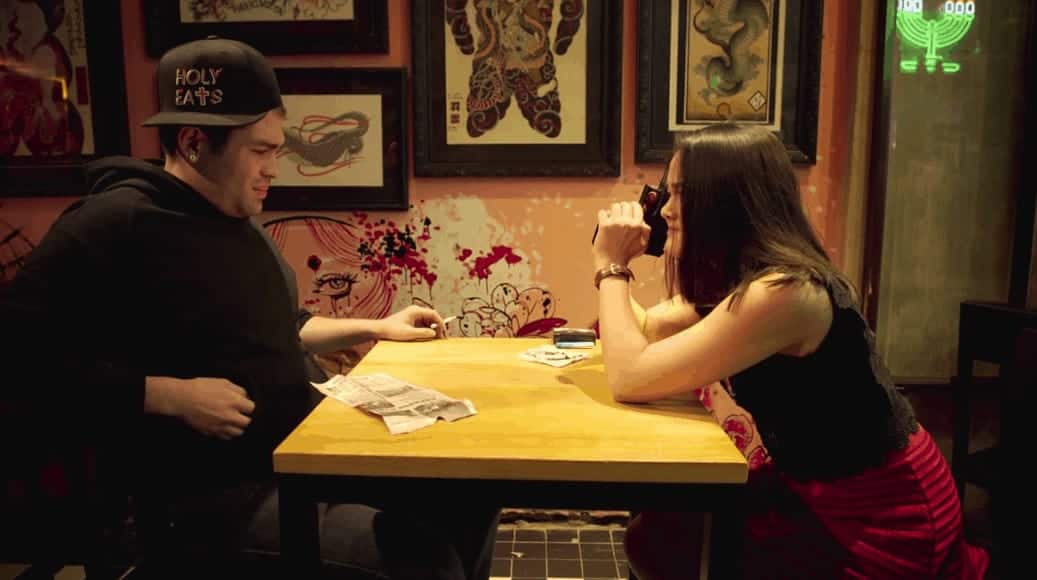
Both “Stranger Danger” and “Muhammad Mercy” have complimentary soundtracks. Can you give us more insight into the process for scoring your films?
I think sound and music is something that I am the most concerned about in my films, especially as a student since we're infamous for having bad sound. You can have a great shot but unclear sound and it will ruin the ENTIRETY of your film or you could have a decent shot that conveys the subtext of the scene while having a great background score and crisp sound, which is equally impactful. I think it's the same with acting.
The credit for the original score of my film entirely goes to the composer, Sebastian Haid! With the scoring, I refer to the mood and the story of course. If it's concerned with the mood subtext I try to pick and choose from other films that I like (good or bad) then comes the conversation with the composer and revisions.
With classical music, I usually try to keep it diegetic- especially in this film since it's a supposed ‘old run down hotel', thus the music would fit into the setting. I try and research a bit on the existing classical music in my library and the subtext the story and somehow connect what they're saying.
What are some of the filmmakers or films that inspired you to become a filmmaker?
My favorite filmmakers are the ones that have changed my perspective on filmmaking itself. They are more subjective picks than objective, though I have seen better films than these.
I consider Martin Mcdonough my master! His films “In Bruges” and “7 Psychopaths” were a huge inspiration on my current film. There is a nod to “7 Psychopaths” during the ‘dream sequence' of “Muhammad Mercy”. His talent of subverting expectations and unpredictable arcs in film and theatre are impeccable. He manages to horrify and make you laugh in the same sentence and that's something I am striving towards.
“Pather Panchali” by Satyajit Ray gave me a new perspective on direction. I heard the concept of a ‘bounce' was discovered while Ray was filming. He had a way of capturing mysticism in real world. Also, one of the few filmmakers who made films for all ages and still had great artistic integrity in it. Perhaps he is the reason why I fell in love with ‘oners'.
Also, the minimalistic cinema of Abbas Kiorostami. He has the freedom of showing obscenity while having restrictions. A lot of Iranian cinema challenges your ideas about film as a mirror to life or the other way around, especially in Asghar Farhadi's work, who had previously assisted Abbas. His cinema is so poetic which makes it unsurprising for Michael Haneke to consider him as his favorite director. Also, Charlie Kaufman and Mike Leigh are the two brainiest screenwriters working today and Agnès Varda has sent me on a spiral, exploring films coming from women, LGBTQ+, non-binary community… and I will make sure that I have something that finds its way through my list especially since marginalised communities don't get much of a chance to tell their stories.
Any advice for youth interested in pursuing film?
I am still very young so I think I require advice myself but for what I know here we go:
- The sound is the most important technical aspect of a film unless you want it to be intentionally bad.
- Story is still the king.
- I consider my first film to be a failure, but I made important connections and learnt a lot from it- so make your first film and don't be afraid to reach out to people on LinkedIn, ImdbPro etc.(Humility is the key here.).
- Sometimes, you have to put on a fake persona and be shameless while making your film, you will be reaching out with fundraisers to various people over and over but they will support you if they believe in you and there is no shame in asking friends/family for support.
- You need to be patient while making films, it is a long and tiring process. Don't let that get you down and if it does, there is nothing awkward about revealing that to a close friend/family. Your mental health is more important.
- And lastly, watch as many films as you can. There is no shame in admitting if you haven't seen a film.
What are your plans for the future, and are you working on anything at the moment?
Currently, I am trying to find a screenwriting manager and I hope that goes well. I do want to be an independent filmmaker in the future like my influences. Also, I will be sending “Muhammad Mercy” to film festivals and see how they do there, I hope my intentions are delivered.
Lastly, I have been writing a feature film with Aman as my protagonist with him for the past 5 months. It is metafictional like Kaufman and 8 1/2 by Fellini. I think the script will be done by the end of this year so hopefully I could shoot the film as my thesis.
It is about an Iranian-American filmmaker who is working on a film about love at the end of life while his own relationships need attention. So if any producers/managers want to connect with me on this- that'd be dope!


